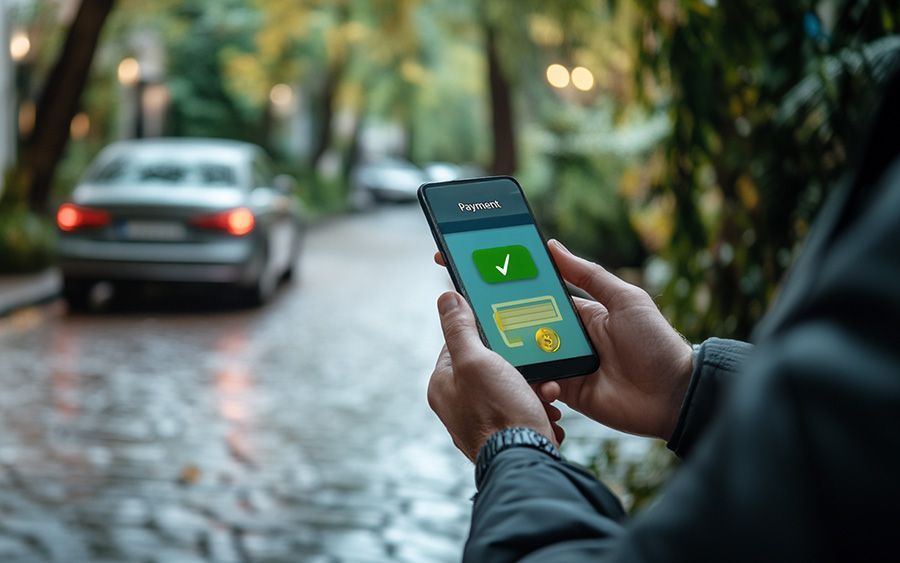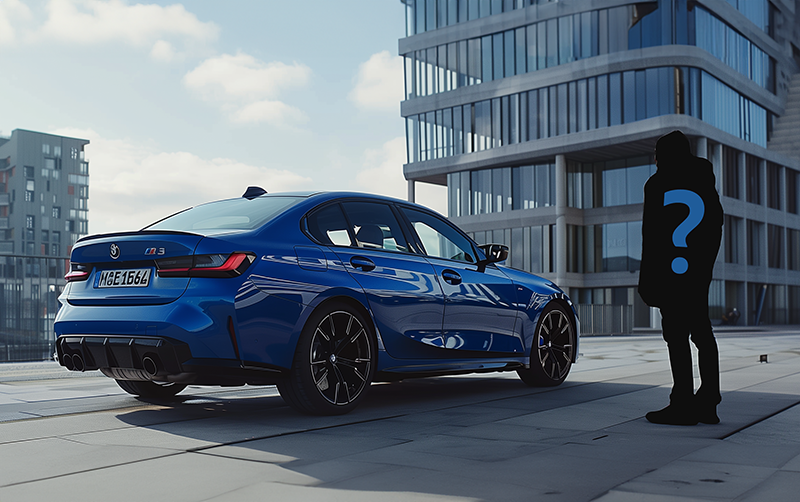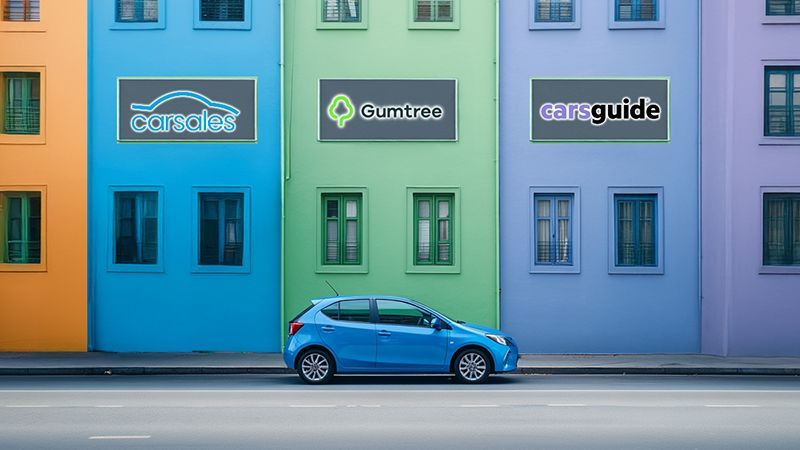How To Avoid Scams When Selling Your Car Online In Queensland
Whether you're listing your car on Marketplace, Gumtree, or even a paid platform like Carsales, here's what you need to watch out for. Because once the money's gone — it's gone.

I've been buying cars in Queensland for over 15 years, and I’ve seen the scams evolve from dodgy cheques to slick PayID tricks and fake verification emails. If you're selling your car online, you need to know — the scammers aren't pretending to sell anymore, they're pretending to buy ..and they’re good at it.
1. Fake Vehicle History Check Websites
This is a newer scam doing the rounds in 2025 — and it’s targeting sellers, not just buyers.
Here’s how it works:
A scammer shows interest in your car and then says something like:
“Before I drive all the way to see it, can you please get a PPSR report from this site I use? It’s only $9 and gives me peace of mind.”
But the site they send you to isn’t legit. It’s a fake clone of a government site or car history provider. You pay, thinking you’re buying a vehicle report — but they pocket your credit card details instead.
According to the Australian Competition and Consumer Commission (ACCC), scammers are now creating convincing domains that mimic sites like carhistory.com.au, using minor misspellings or dashes. Some even fake the results and send them back to you so it looks real.
🔒 Safer Option:
- Only get history reports from trusted sites like ppsr.gov.au.
- Never click random links a buyer sends you.
- If someone gets weird when you say no — they were never a real buyer to begin with.
2. The PayID Scam That's Still Catching People Out In 2025
This one’s everywhere in Brisbane right now. A scammer agrees to buy your car, then says they've sent payment via PayID — but you'll get a fake email saying your account isn’t “business verified” and you need to send them a refund to unlock the funds.
The ACCC's Scamwatch has warned Australians about this exact scam, and it’s costing people thousands.
3. The Overpayment Trap
You agree on a price. They "accidentally" pay more — then ask you to refund the difference. It all looks legit until your bank reverses the original transfer a week later, and you're left out of pocket.
True Story: A guy in North Lakes lost $3,000 refunding a scammer who used this trick with a fake bank receipt.
4. They Won’t Come See the Car
If someone’s “too busy,” “out of town,” “in the army,” or buying the car for a relative — and they want to finalise everything online — it’s almost always a scam. Legit buyers want to inspect the car, hear it start, or at least send someone.
Rule: If they won’t come see it, don’t even bother.
5. They Want Your Rego, VIN, Address — All Up Front
Some scammers don’t want your car — they want your identity. They’ll ask for your rego, VIN, licence, sometimes even a copy of your rego papers. This data can be used to create fake ads, forge documents, or worse.
Be careful what you share. Once they’ve got it, you can’t un-share it.
6. Fake Transport Companies
Another common one: they say they’ve booked a “transport company” to pick up the car. But you need to pay a release fee or insurance bond upfront, which they promise to reimburse.
Spoiler Alert: The transport company is fake, and so’s the money.
Why This Happens More In QLD
Queensland’s massive size and regional spread make it perfect for scammers to hide behind distance. Someone in Cairns saying they’ll send a truck to pick up your car in Brisbane sounds believable — but it’s still a scam.
Selling privately in QLD often means dealing with buyers from hours away. Scammers know this, and they use it to their advantage.
The Safer Option? Sell It To Someone Who Actually Buys Cars For A Living
You don’t need to deal with:
- Fake buyers
- Refund requests
- Weird payment methods
- People asking if it’s still available — and never showing up
At Sell Any Car Fast, we’re licensed, local, and we pay very quick. No dodgy transfers. No mystery couriers. Just a proper sale, same day.
We’ll Buy Your Car — Fast, Safe and Hassle-Free
🚗 Based in Brisbane
✅ No Roadworthy Needed
💸 Instant Payment
🛡️ No scams, ever











